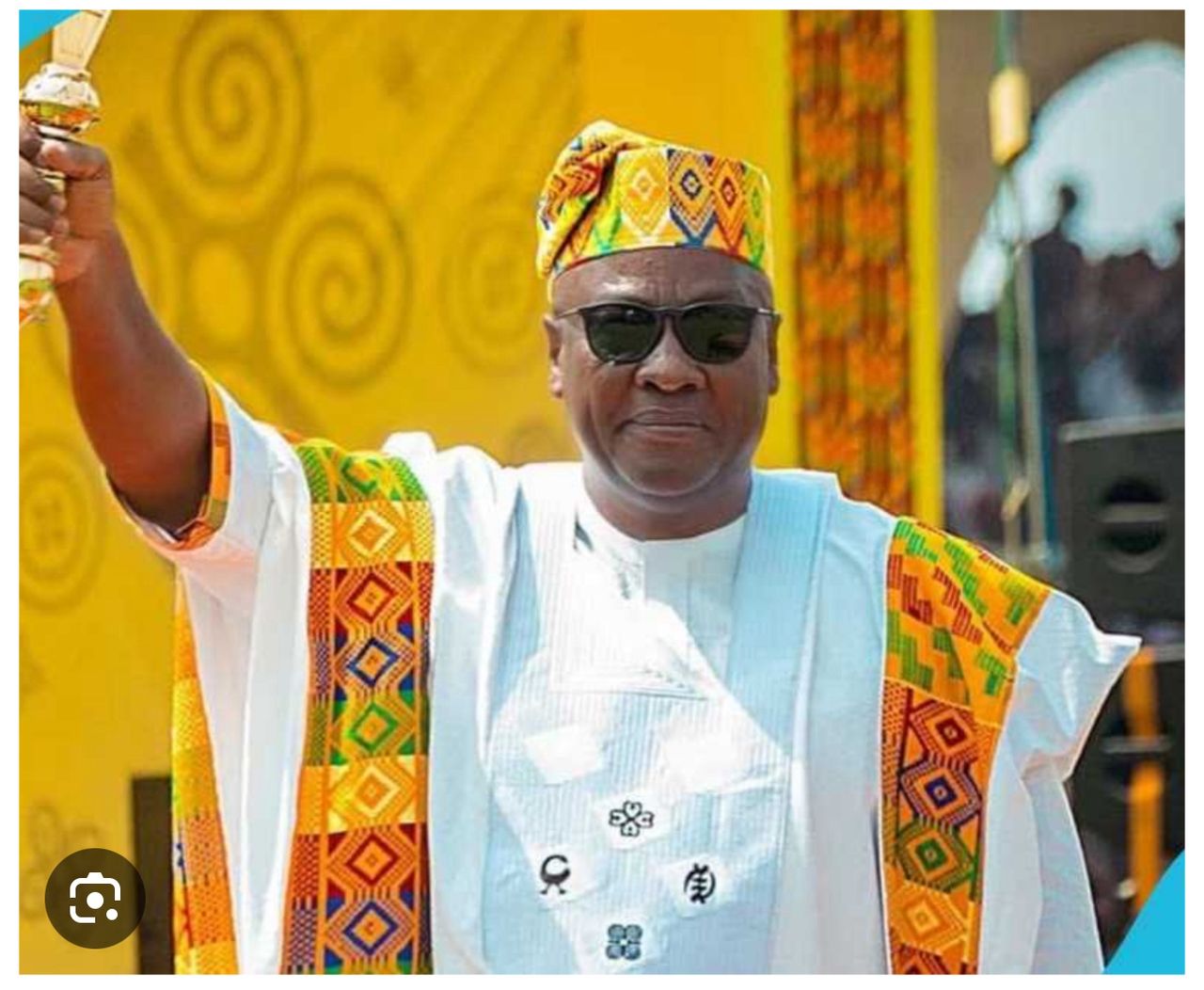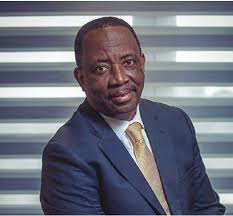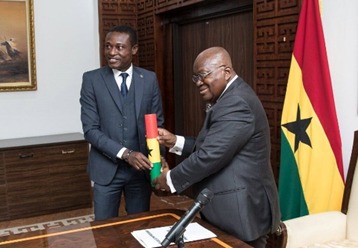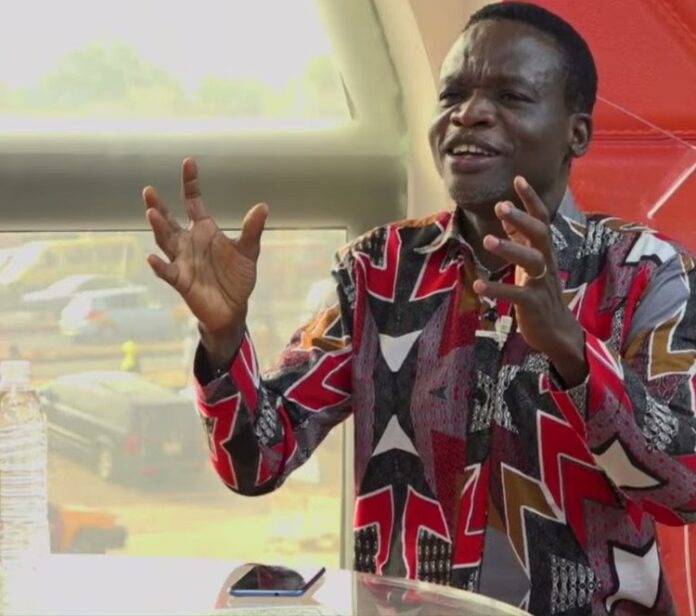Adu Koranteng Editor of the National Voice Writes
Recent events in Ghana have sparked a nationwide debate, leading many to question the health of the nation’s democracy and the traditional separation of powers. With the swearing-in of President John Mahama, the National Democratic Congress (NDC) now holds a formidable position of power, controlling not only the executive but also a rare supermajority in Parliament. This consolidation of power, culminating in the unprecedented removal of the Chief Justice, has led to a single, urgent question: Is Ghana witnessing the emergence of a “Supreme Leader” who now controls all three arms of government?
The Executive’s Unquestioned Authority
By virtue of the Constitution, the President of Ghana is already a powerful figure. As both Head of State and Head of Government, the President exercises extensive authority, ranging from serving as Commander-in-Chief of the armed forces to making key appointments across the public service. This inherent power is a given in Ghana’s presidential system. However, the real concern arises when the other branches of government, designed to serve as checks, appear to be in lockstep with the executive’s agenda.
A Legislature in Lockstep: The Supermajority
The results of the December 2024 elections have ushered in a new era of parliamentary dominance for the NDC. After a period of an unprecedented “hung parliament” where the previous government had to negotiate and build consensus, the NDC now holds a supermajority with two-thirds of all seats in parliament.
This dramatic shift has a profound implication for Ghana’s democracy. Parliament’s role as a legislative check on the executive is severely diminished. With a supermajority, the government can pass any bill it desires with minimal resistance. More significantly, it now has the power to amend the Constitution without needing bipartisan support from the opposition. This effectively transforms Parliament from a body of checks and balances into a mere rubber stamp for the executive’s policies.
The Judiciary Under Scrutiny: The Chief Justice’s Removal
The most potent symbol of this perceived consolidation of power is the recent, unprecedented removal of Chief Justice Gertrude Torkornoo. Appointed by the previous administration, her dismissal came after a constitutional committee recommended her removal based on a petition alleging “stated misbehaviour.”
While the Presidency maintains that it was simply following the constitutional process, the timing and nature of the event have sent shockwaves through the legal and political communities. For the first time in Ghana’s history, a sitting Chief Justice has been investigated and dismissed. This act, regardless of its legal justification, is seen by many as a dangerous precedent. It creates a chilling effect, where judges may now feel pressured to rule in favour of the government to avoid similar petitions and investigations. Critics argue that this move is a clear attempt to install a more compliant head of the judiciary, thus allowing the executive to extend its influence over the third and final branch of government.
The Cumulative Effect and Concerns for Democracy
When viewed in isolation, each of these events—a presidential election victory, a parliamentary majority, and a legal process for removing a judge—might seem like normal functions of a democratic state. However, their cumulative effect paints a concerning picture. Ghana’s democracy is founded on the principle of the separation of powers, where the executive, legislature, and judiciary are distinct and independent. When one political party and its leader control all three, the very foundation of this principle is threatened.
The current political landscape raises several urgent questions for the future: Will the NDC’s supermajority enable it to make controversial constitutional amendments without public consensus? Will judges feel secure enough to make rulings that challenge the government? And, most importantly, has the era of democratic checks and balances given way to the undisputed reign of a single, all-powerful leader?
While supporters may argue that the NDC is simply exercising a clear mandate given by the Ghanaian people, the profound shift in the balance of power demands urgent national discourse. The events of this year have thrust Ghana into a moment of truth, testing the resilience of its institutions and the strength of its democracy.
KING MAHAMA! THE AYATOLLAH OF GHANA



